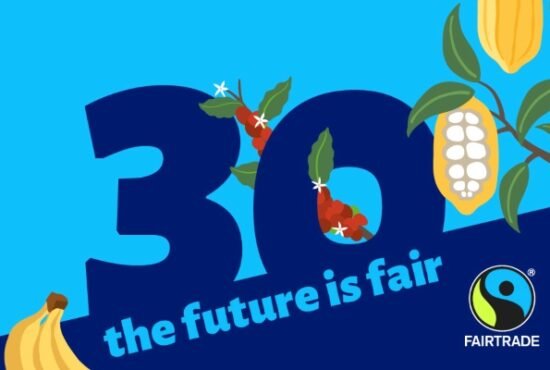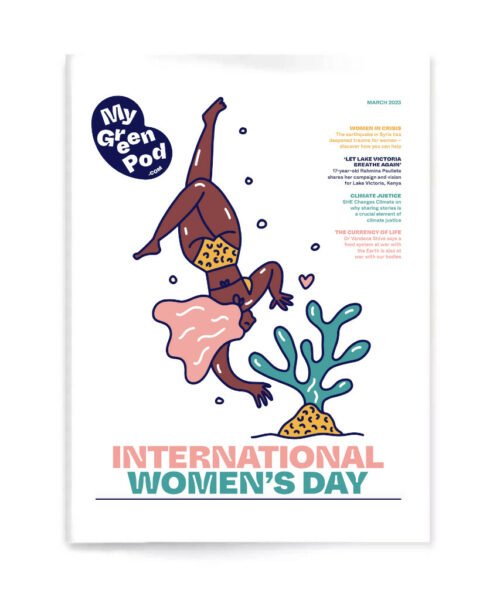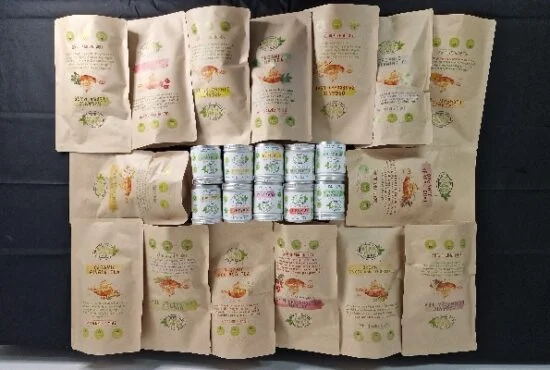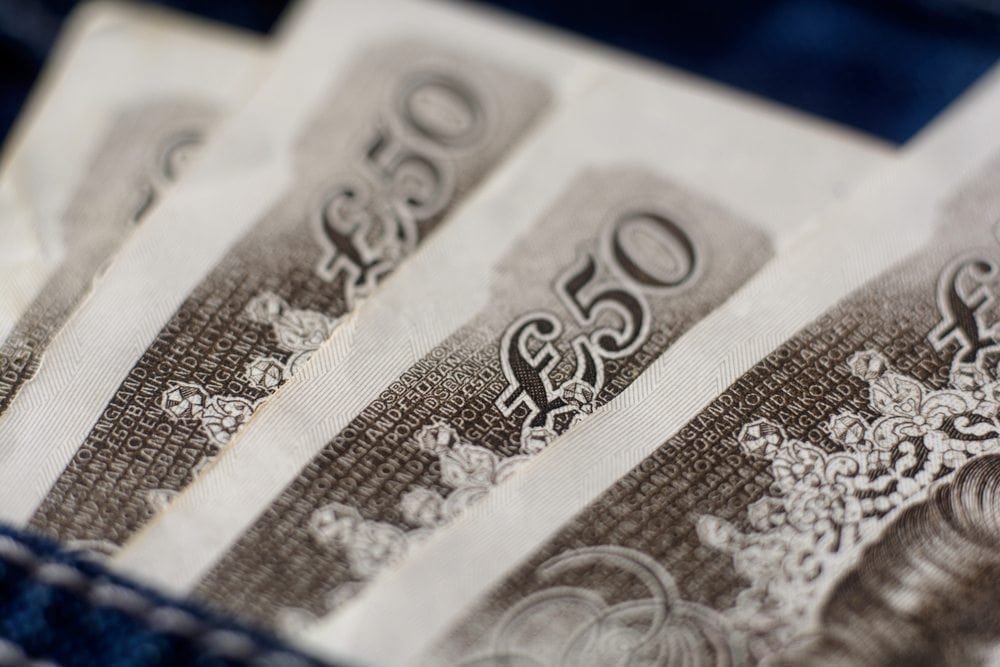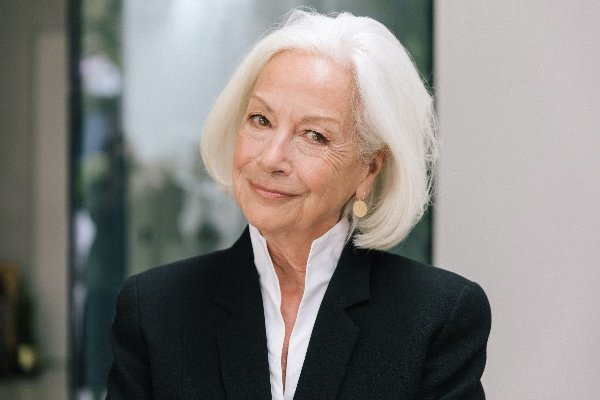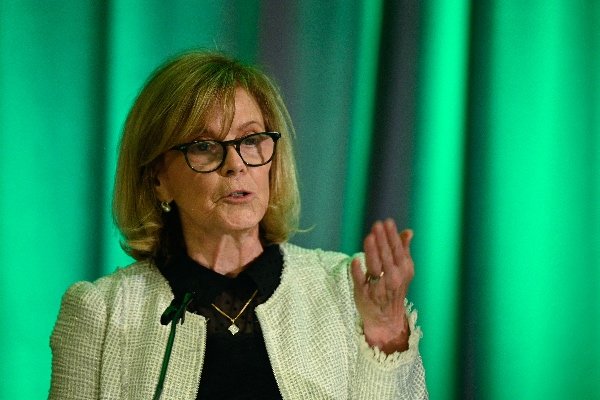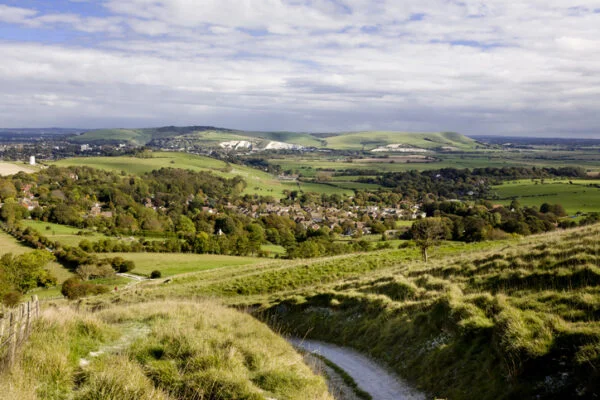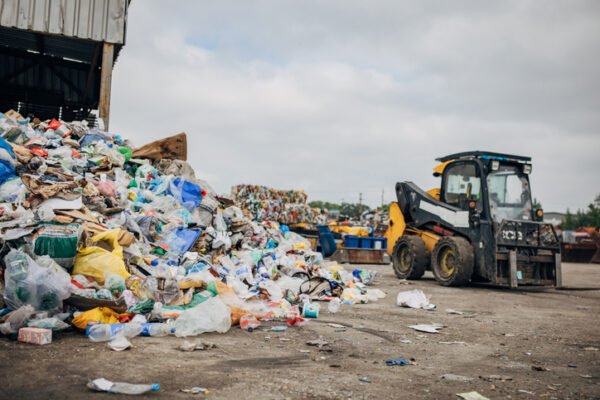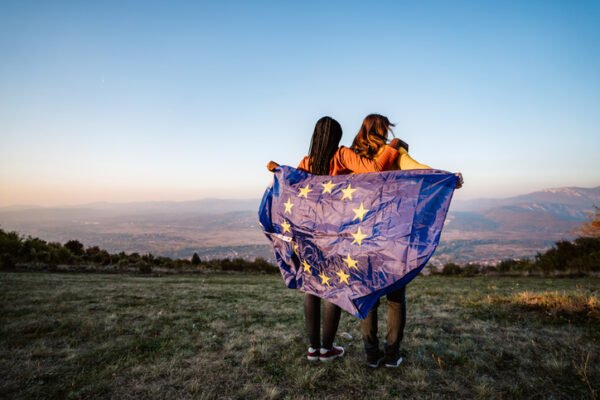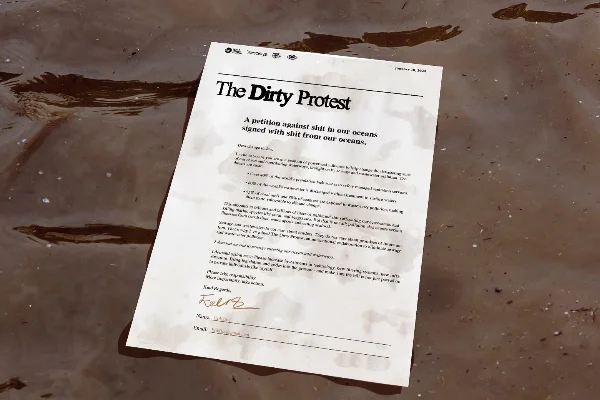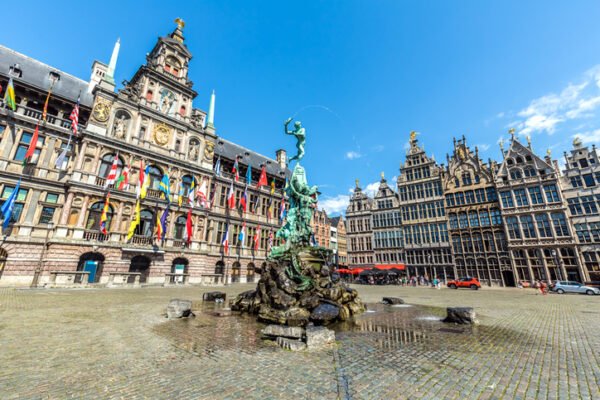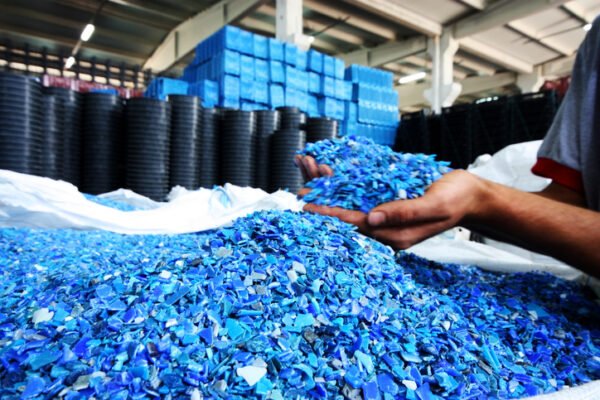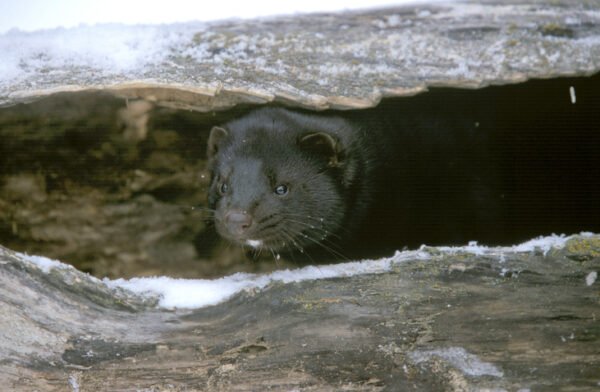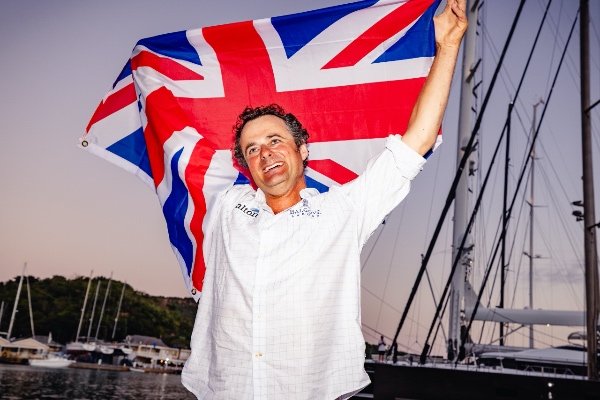1%’s wealth increased 79%
Since 2000, the total net wealth in real terms of people in the UK has increased from £6tr to more than £10tr in 2015. Oxfam’s findings show that 26 pence in every pound of this increase in wealth went to the UK’s top 1% – approximately 600,000 people – while just seven pence went to the nation’s poorest 50%, around 30 million people.
The net result is that between 2000 and 2015 the richest 1% were able to increase their collective wealth by 79% to £2.4tr. The average wealth of each of this elite group was £3.7m in 2015, an increase of £1.5m each. Meanwhile, the average wealth of someone in the bottom 10% was just £1,600 last year, making them only £500 wealthier than 15 years ago.
£3.7m could buy outright an eight-bedroom home with swimming pool in Wimbledon, South-West London, while £1,600 wouldn’t even cover five days’ rent of the same property.
Clamp down on tax dodging
Oxfam is calling on the government to do more to clamp down on tax dodging by the super-rich by ensuring UK-linked tax havens reveal the real beneficiaries of shell companies registered there, ahead of an Anti-Corruption Summit in London in May.
Providing financial services to non-residents is a key feature of countries that operate as tax havens, and the UK, when combined with its Crown Dependencies and Overseas Territories, is estimated to account for nearly a quarter (23%) of this global business.
An economy for the 1%
In January, Oxfam’s report An Economy for the 1% highlighted a global picture of runaway inequality where the world’s richest 62 people own the same amount of wealth as the poorest half.
Although the number of people living in extreme poverty halved between 1990 and 2010, had inequality within countries not grown during this time, an extra 200 million people would have escaped poverty. The average annual income of the poorest 10% has risen by less than $3 per year in the past quarter of a century.
Women bear the brunt of poverty around the world, including in the UK and are disproportionally hit by spending cuts at home. They are still paid less than men for the same work and make up the majority of those in low-paid and unsecure jobs.
Click here to read the full Oxfam report, Ending the Era of Tax Havens.
 Play Video about This Rock Might Just Save The World
Play Video about This Rock Might Just Save The World Play Video about Play 2 hours of rock
Play Video about Play 2 hours of rock Play Video about Play 2 hours of brook
Play Video about Play 2 hours of brook Play Video about Play 2 hours of sheep
Play Video about Play 2 hours of sheep
